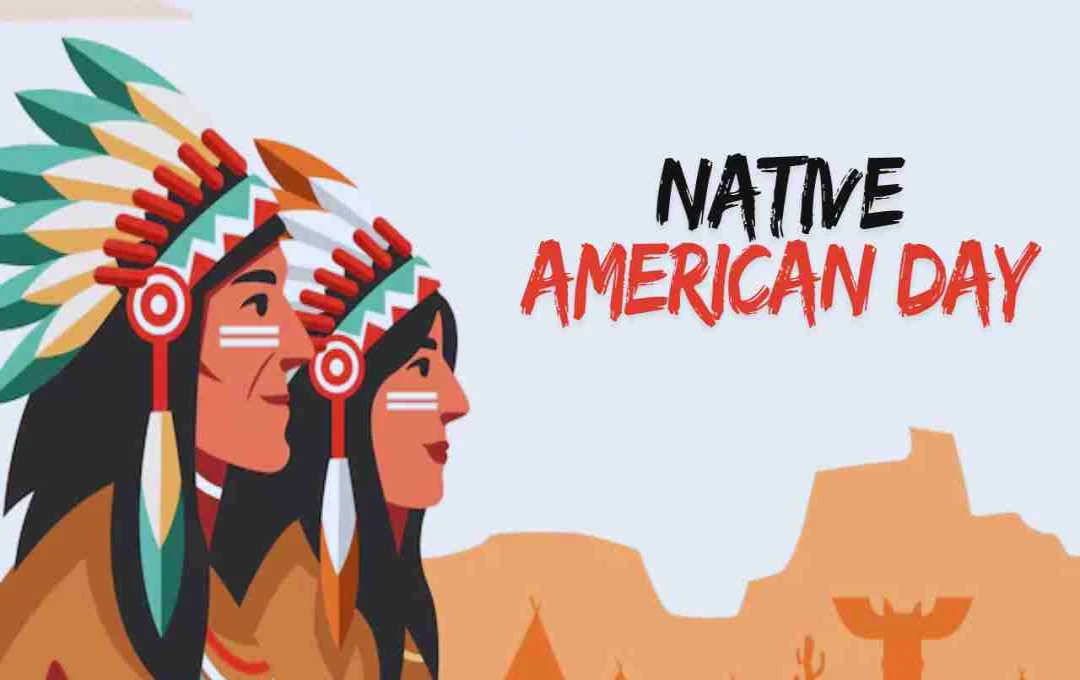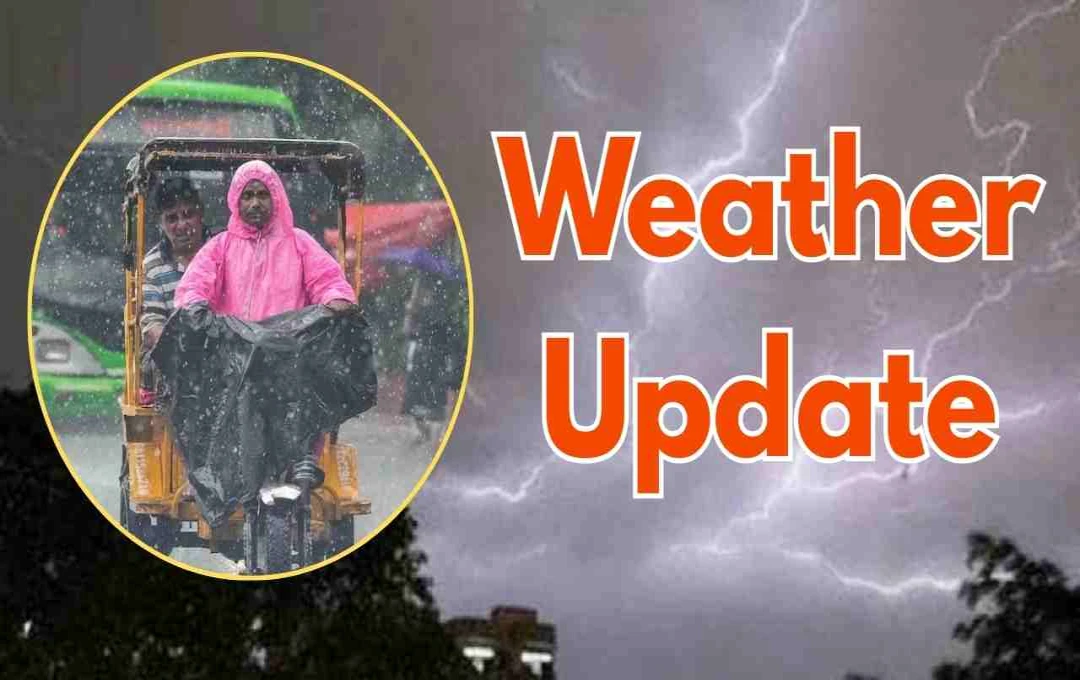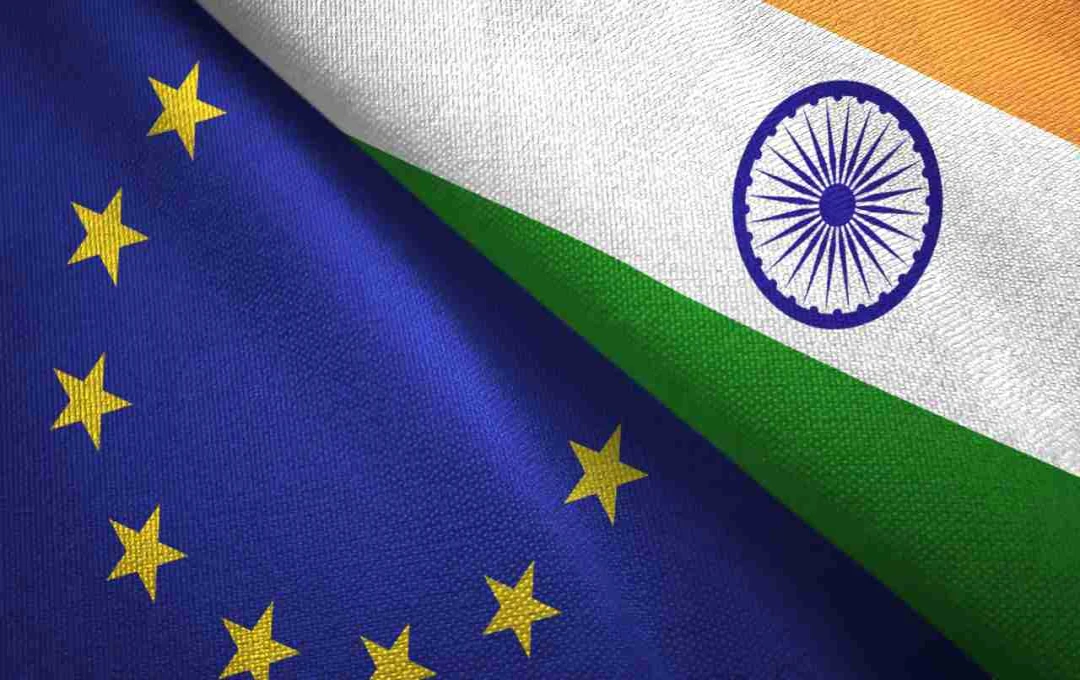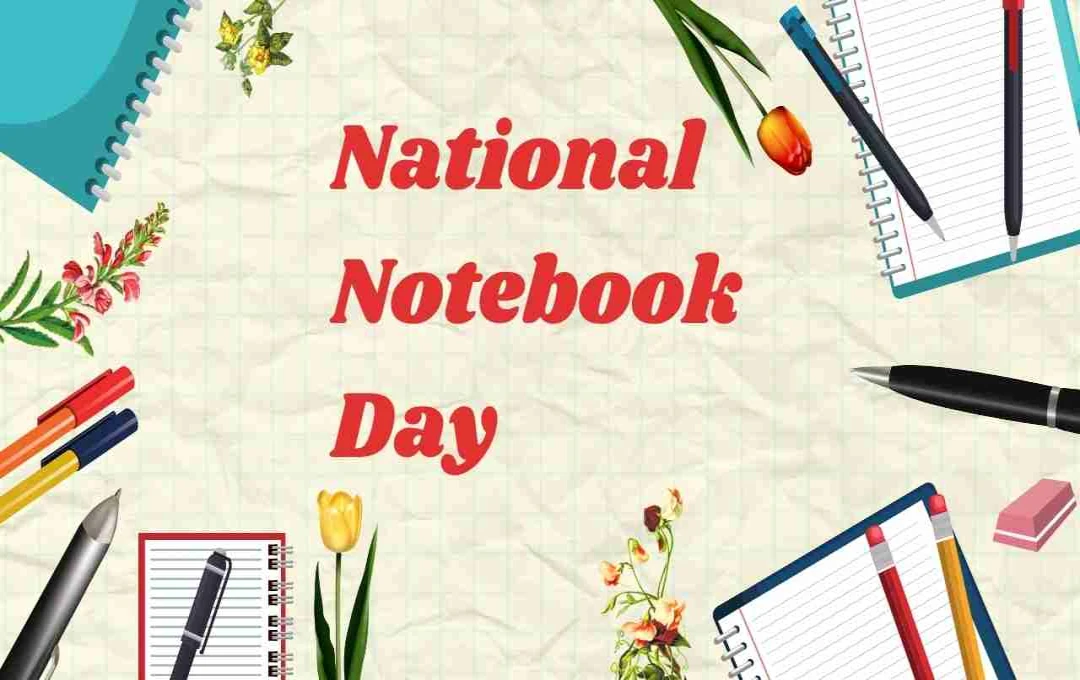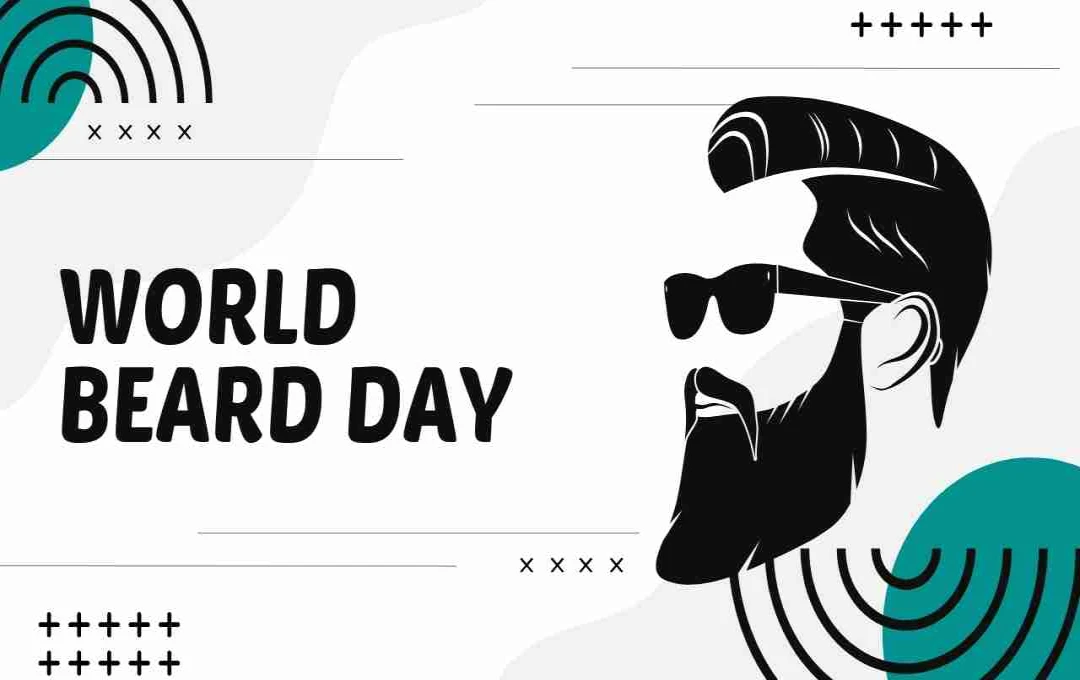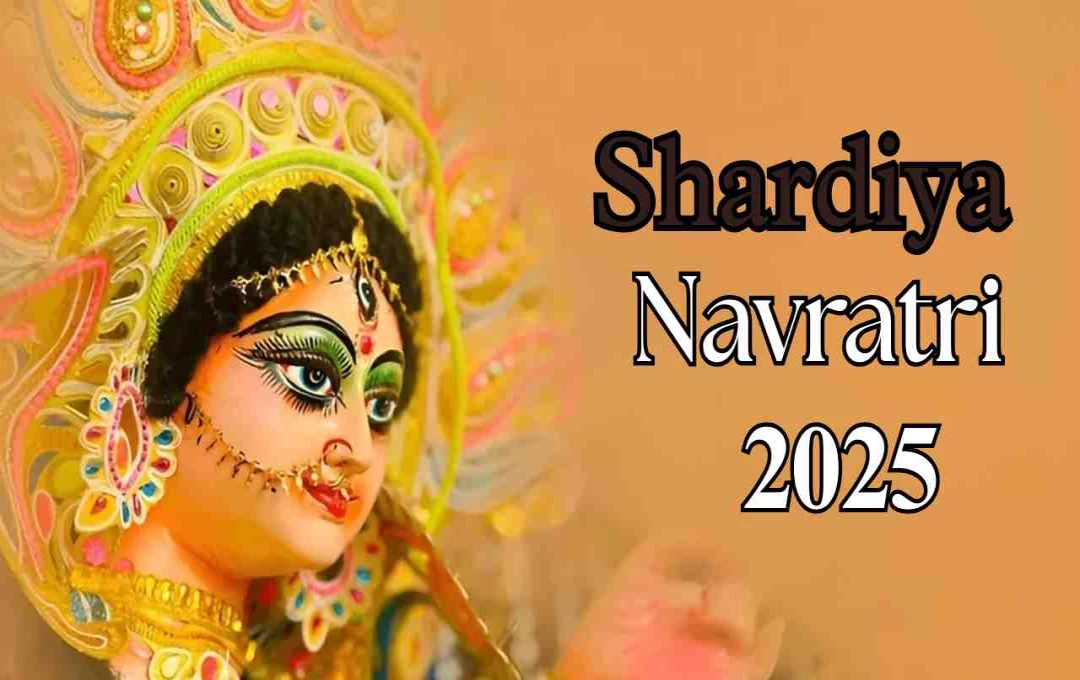Native American Day, celebrated on September 26, is a day to honor the identities that first lived on the land of America. Native Americans, also known as America's indigenous people, are an integral part of America's cultural and historical heritage. Although their societies and cultures were rich before the arrival of European colonizers, due to centuries of neglect and oppression, only some of their groups today remain connected to their original identity and traditions.
The objective of Native American Day is to change people's perceptions and make them aware of the significance of the Native American community's cultural heritage. This day is dedicated to remembering indigenous history, traditions, and their contributions.
Significance of Native American Day
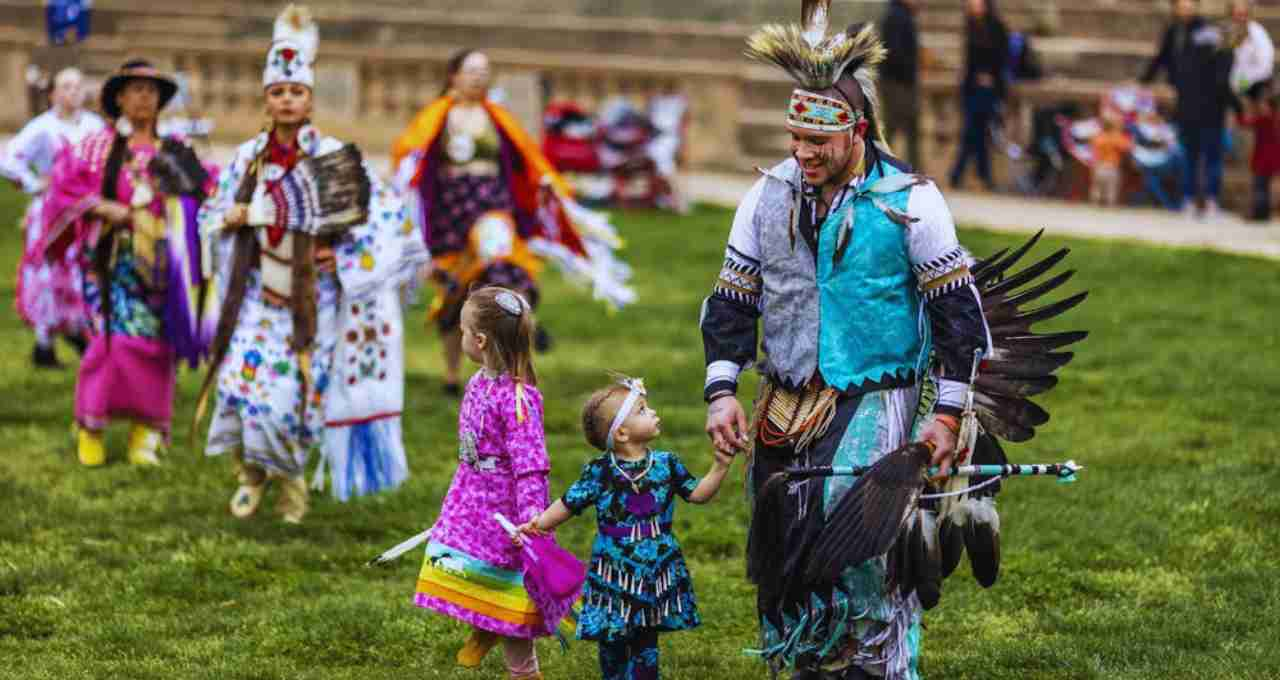
Native American Day is not just a remembrance of history, but also an awareness day. It reminds us that Native Americans built their societies and civilizations on the land of America for thousands of years. Understanding and respecting their contributions is the responsibility of every American citizen.
A significant aspect of this day is that it challenges the perspective of Columbus Day. Native American Day teaches that the history of America is not limited to narratives of colonization and discovery. This day is an opportunity to honor the struggles of Native Americans, their cultural heritage, and their indomitable spirit.
Ways to Celebrate Native American Day
- Learn About Local Tribes
The simplest yet most effective way to observe this day is to learn about the history and culture of Native American tribes in your region. By studying their customs, traditions, language, and way of life, you can honor their contributions. - Spread Education and Awareness
Education holds great importance on Native American Day. You can use this occasion to share information about the traditions and history of Native Americans with your family, friends, and community. Organizing seminars, workshops, and art exhibitions in schools and colleges further strengthens this objective. - Participate in Cultural Events
Many states in America organize special events on Native American Day. For example, Pow Wows are held in California and South Dakota on this day. Pow Wows are celebrations of Native American music, dance, and traditional attire. Participating in these events allows you to gain a real experience of their life and culture. - Support Native Americans
On Native American Day, work can also be done to protect their rights and culture. You can promote their handicrafts, art, and businesses. Furthermore, if you are against Columbus Day, you can contact your local representatives to initiate efforts to enhance the significance of this day.
Historical Significance of Native Americans
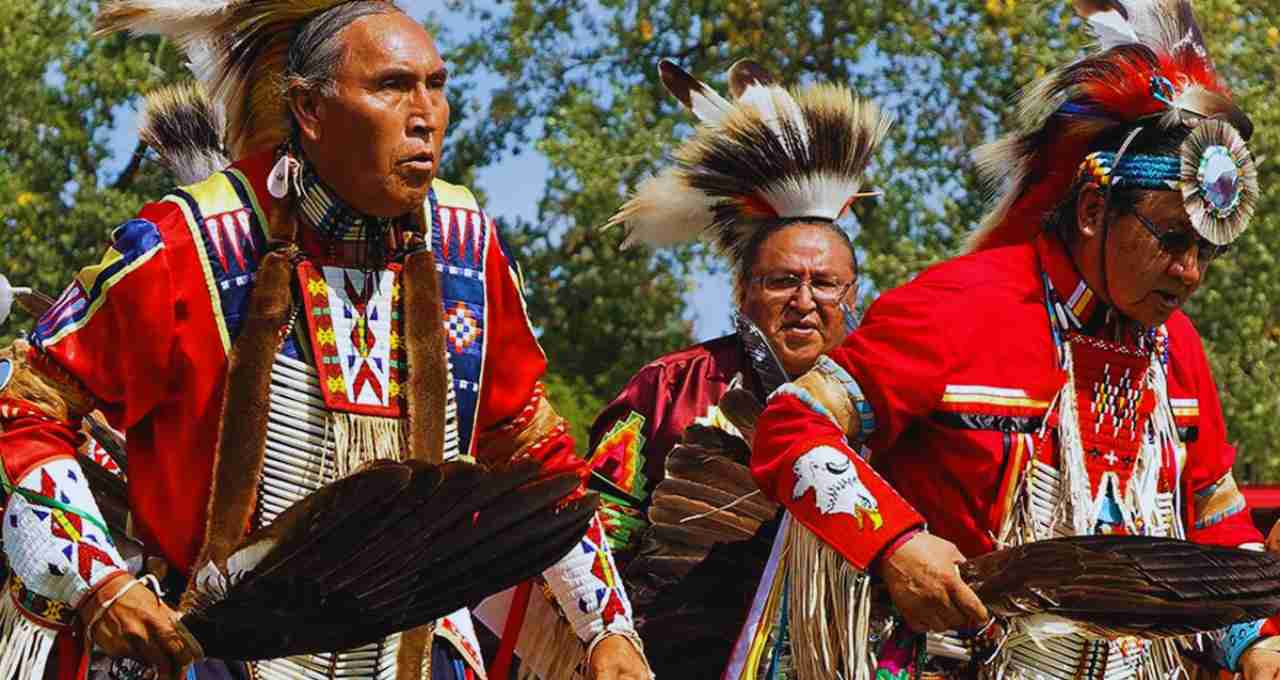
The presence of Native Americans as America's first inhabitants dates back thousands of years. Before the arrival of European colonizers, approximately 50 million Native Americans developed their civilizations across the entire continent. These people built their societies from the Atlantic to the Pacific, from the northern regions of Canada to the Gulf of Mexico.
Tribes including the Seneca of the East, the Cherokees of the South, and the Navajo of the Southwest were spread across the entire continent. Their languages, customs, religions, and social structures are still symbols of their identity today. Native Americans utilized natural resources in a balanced way and kept their lives in harmony with the environment. Without their contributions, the history of America is incomplete.
History and Official Recognition
Native American Day began as American Indian Day. In 1968, California Governor Ronald Reagan officially recognized it. Later, it began to be celebrated as Native American Day. In South Dakota, 1990 was declared the Year of Reconciliation, attempting to foster understanding between Native Americans and people of European descent.
Today, this day is celebrated on different dates in various states. For example, in Wisconsin and South Dakota, it falls on the second Monday of October, while in Nevada and California, it is observed on the fourth Friday of September. Regardless of when it is celebrated, its objective is to honor the contributions of Native Americans and their cultural significance.
